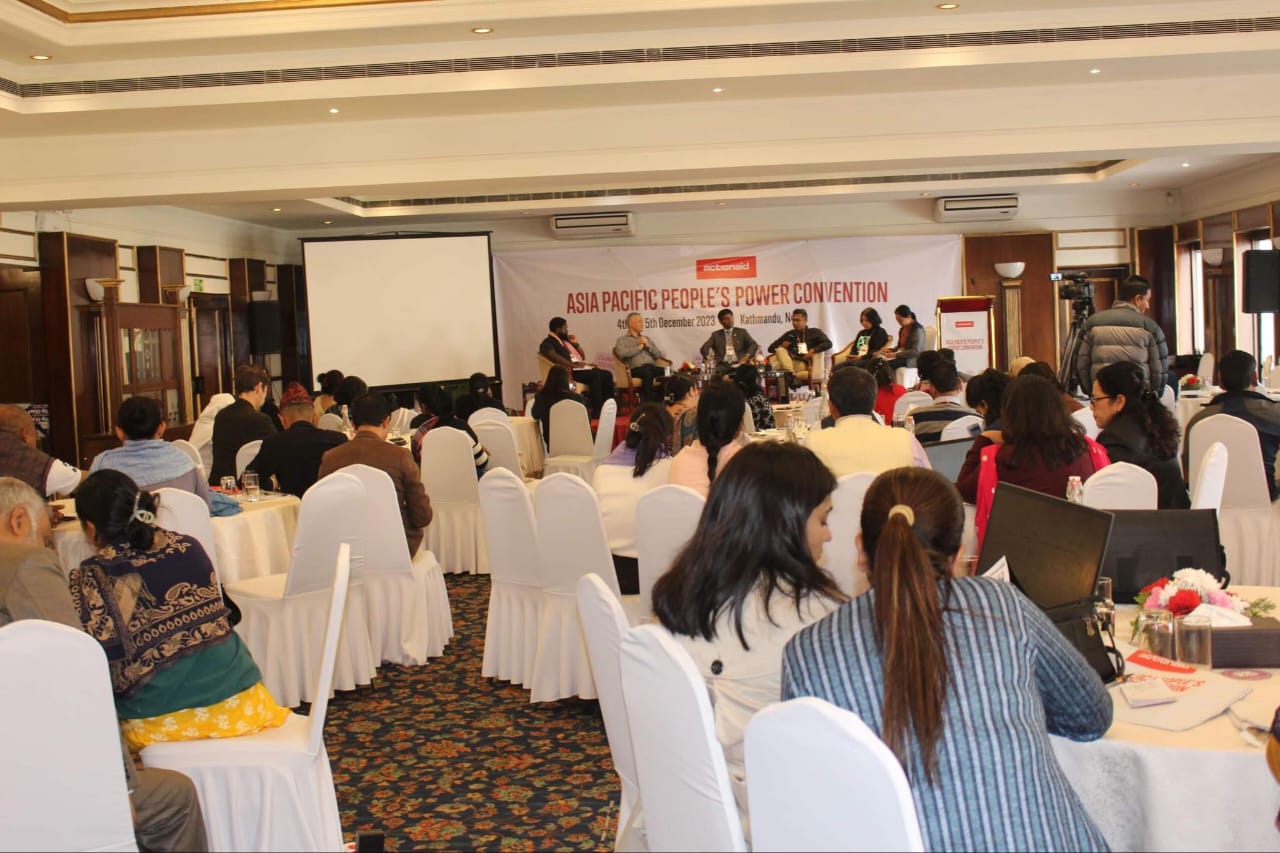The NRB 2080/81 Monetary Policy: Boosting Growth and Financial Access
The Nepal Rastra Bank has announced its monetary policy for the fiscal year 2080/81, outlining 30 key points:
- Maintain inflation rate within 6.5 percent.
- Support 6 percent economic growth by directing financial resources to productive sectors.
- Achieve 12.5 percent growth in extended money supply and 11.5 percent increase in loans to the private sector from banks and financial institutions.
- Adjust mandatory cash ratio and statutory liquidity ratio as needed.
- Keep bank rate at 7.5 percent, while deposit and lending rates will be set at 5.5 percent and 4.5 percent, respectively.
- Raise the limit of the first home loan from NPR 1 crore 50 lakhs to NPR 2 crores.
- Review guidelines related to the investment of excess funds.
- Simplify and facilitate procedures for foreign investment and foreign loan management in the Foreign Investment and Foreign Loan Management Directive.
- Allow Nepali citizens to obtain up to USD 1,500 twice a year for trips to countries other than India, revising the existing provision to provide up to USD 2,500.
- Maintain foreign exchange reserves sufficient for at least 7 months of imports.
- Establish a fully functional permanent deposit collection facility in the lower corridor of the interest rate corridor to enhance its effectiveness.
- Issue the Stressed Loan Resolution Framework to revitalize and manage loans of borrowers facing difficulties due to natural disasters or special circumstances.
- Provide guidance and translation in implementing risk classification of commercial banks’ property.
- Adopt the Capital Adequacy Framework, 2015, in line with national development banks.
- Translate necessary policies for the implementation of the Expected Credit Loss Model (ECL) as per Nepal Accounting Standards.
- Review existing provisions regarding loan investment in identified areas based on the analysis of current loan flow.
- Reconsider the provision requiring borrowers to obtain a permanent account number for loans/facilities exceeding a certain limit.
- Review existing investment-related provisions in Private Equity Funds/Venture Capital Funds approved by the Debenture Board to ease investment from banks and financial institutions.
- Coordinate with relevant authorities to develop a credit scoring measurement system.
- Facilitate the establishment of a separate regulatory body for effective regulation and supervision of savings and credit cooperatives.
- Establish coordination with relevant agencies to create and implement the Centralized KYC system using the National ID issued by the Nepalese government for exchange of information between banks, financial institutions, and payment-related activities.
- Comprehensive development and management of capable human resources in the banking sector will be prioritized, with studies conducted in cooperation with institutions like the National Banking Institute.
- Microfinance financial institutions will be encouraged with available facilities and services up to the Fiscal Year 2081/82.
- Actions will be taken based on the study conducted concerning the issuance of the Central Bank Digital Currency (CBDC).
- Arrangements will be made for exporting IT-related services, establishing liaison offices in third countries, remitting payments to foreign entities, transferring funds to foreign bank accounts, and facilitating a percentage of foreign currency earnings through commercial banks.
- A review will be conducted of existing arrangements for imports through drafts/TT and DAP/DAA.
- ‘K’ category business banks with approved foreign exchange facilities of up to one hundred thousand US dollars or equivalent will be allowed to send through named commercial banks as per regulatory authority endorsement.
- The arrangement of repatriating foreign currency taken during the Covid-19 pandemic will be removed when the situation becomes normal.
- Arrangements will be made for tools like SWAP to manage foreign exchange risks on external loans received by banks and financial institutions during their foreign loans.
- The implementation of the monetary policy aims to achieve overall economic stability, productive utilization of financial resources, expanded financial access, and sustained economic growth, despite facing several challenges as stated in the budget and the monetary policy.
Recent:

 T
T
0
0
ActionAid Nepal Unveils Climate Policy Landscape and Conducts 20th Social Audit
June 5, 2024
Save

 T
T
0
0
Millsberry School Launches Prestigious A Level Program
May 21, 2024
Save

T
TSCBN
0
0
CG Launches Hero Bikes in Nepal, Sets Up Assembly Plant
April 24, 2024
Save


Related

 T
T
0
0
The NRB 2080/81 Monetary Policy: Boosting Growth and Financial Access
July 23, 2023
Save
More By Author

 T
T
0
0
ActionAid Nepal Unveils Climate Policy Landscape and Conducts 20th Social Audit
June 5, 2024
Save

 T
T
0
0
Millsberry School Launches Prestigious A Level Program
May 21, 2024
Save

 T
T
0
0
Nepal Proposes Changes to .np Domain Registration
March 10, 2024
Save

 T
T
0
0
Asia Pacific People's Power Convention Concludes in Kathmandu
December 6, 2023
Save


